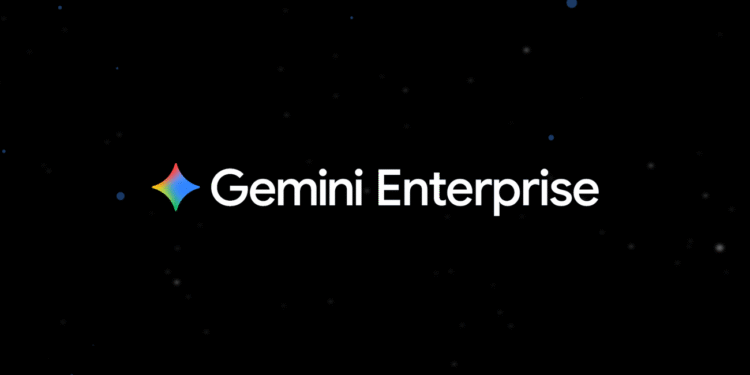Google just launched Gemini Enterprise this week with aggressive pricing and features designed to grab market share from Microsoft Copilot and OpenAI’s business solutions.
Starting at $30 per user monthly, Gemini Enterprise targets large organizations with a complete AI platform. Google plans to capture a larger share of the enterprise AI market, projected to hit $254.5 billion in 2025.
Fortune 500 Companies Drive Gemini Enterprise Adoption
Major corporations are already using Gemini Enterprise across different industries. GAP uses Google’s AI for retail operations. Mercedes-Benz powers its MBUX Virtual Assistant with Gemini models. Signal Iduna deployed Gemini Enterprise for over 10,000 employees.
Current data shows 41% of Fortune 500 companies have embedded Gemini in at least one business process. Enterprise users account for 63% of total Gemini usage as of 2025. This corporate adoption rate puts Google ahead of many AI competitors.
Banco BV’s relationship managers save hours on analytics tasks using Gemini Enterprise. The platform automates data analysis that previously required manual work. Harvey, an AI platform for legal services, uses Gemini to help Fortune 500 legal teams with contract analysis and compliance.
Six-Component Platform Combines AI Models with Business Tools
Gemini Enterprise bundles six core components into one platform. Advanced Gemini models provide the intelligence foundation. A no-code workbench lets any employee build automated workflows without programming skills.
Pre-built Google agents handle specialized tasks like research and data analysis. The platform connects securely to company data across Google Workspace, Microsoft 365, Salesforce, and SAP systems. Central governance tools let IT teams manage all AI agents from one dashboard.
Google’s partner ecosystem includes over 100,000 companies. This network provides additional specialized agents and integrations. The open approach contrasts with more closed AI platforms from competitors.
Advanced Features Target Complex Business Workflows
The platform goes beyond simple chatbots. Gemini Enterprise can automate entire business processes across multiple applications. Teams can search company documents, emails, and chat systems simultaneously.
Google Vids transforms presentations into engaging videos with AI-generated scripts and voiceovers. Real-time speech translation in Google Meet works across languages while preserving natural tone. The Data Science Agent automates data preparation and model development tasks.
Customer Engagement Suite handles over 40 languages for customer service. Commerzbank’s AI chatbot resolves 70% of customer inquiries using Gemini technology. Mercari projects 500% ROI from reduced customer service workloads.
Multi-Modal AI Creates Videos and Images for Business
Gemini Enterprise includes Google’s latest image and video generation models. Companies have created over 13 billion images and 230 million videos using Gemini models. Figma users generate brand-approved images from text prompts using Gemini’s Flash 2.5 Image model.
Virgin Voyages creates thousands of personalized advertisements using Veo text-to-video technology. Klarna increased orders 50% using Gemini and Veo for dynamic shopping experiences. Swarovski achieved 17% higher email open rates with personalized content.
These creative capabilities differentiate Google from text-focused competitors. Businesses can produce marketing materials, training videos, and product demonstrations without specialized design teams.
Enterprise AI Market Battle Intensifies Through 2025
Research projects the market could exceed $200 billion annually by 2030 with compound annual growth rates above 30%. OpenAI hit $12 billion annual recurring revenue with ChatGPT Enterprise serving over 600,000 users.
Google Cloud revenue reached significant growth with AI services driving adoption. The company expects cloud revenue around $14.7 billion in Q3 2025 earnings. Enterprise AI is a major growth opportunity as businesses digitize operations.
Success in enterprise AI requires more than advanced models. Companies need security, compliance, integration capabilities, and ongoing support. Google’s full-stack approach from infrastructure to applications could provide competitive advantages.
















